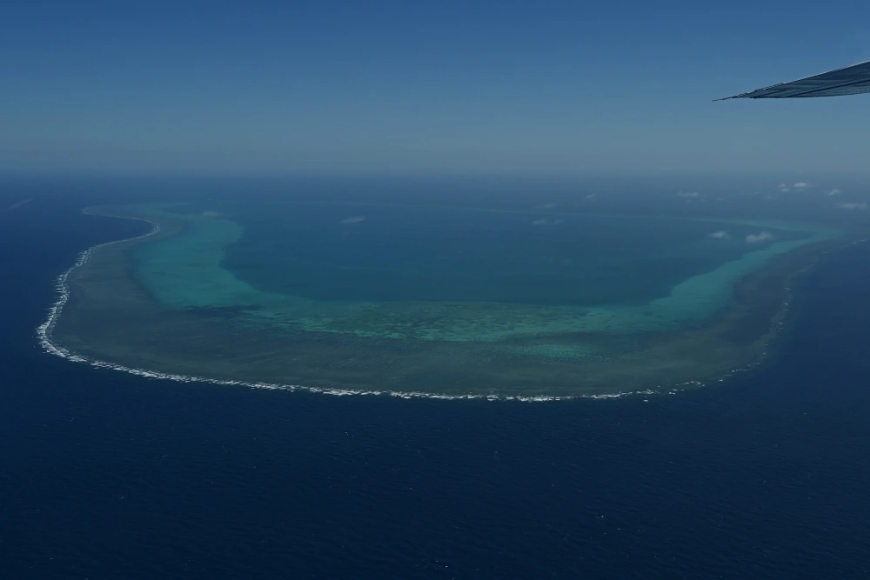According to a statement released on Saturday, two aircraft from the People's Liberation Army Air Force (PLAAF) engaged in a dangerous maneuver on Thursday morning. The Chinese planes reportedly dropped flares in the path of a Philippine Air Force NC-212i propeller aircraft, which was conducting a routine maritime patrol over the Scarborough Shoal. This area is a significant flashpoint in the ongoing maritime dispute between the two nations.
General Romeo Brawner, Chief of the Armed Forces of the Philippines, stated that these actions endangered the lives of Filipino military personnel and interfered with lawful flight operations. He also emphasized that the Chinese aircraft violated international aviation safety laws. "These actions are not only provocative but also pose a significant threat to the safety of our personnel engaged in maritime security operations within Philippine maritime zones," Brawner said.
The Chinese embassy in Manila has not yet responded to the allegations.
The incident at Scarborough Shoal, known as Bajo de Masinloc in the Philippines and Huangyan Island in China, adds another layer of complexity to the already tense maritime rivalry between Manila and Beijing. The shoal, which was seized by China in 2012, is a crucial fishing ground for Filipino fishermen and a symbol of national sovereignty for both nations.
This latest confrontation follows a series of similar encounters in the South China Sea, where China's expansive territorial claims have repeatedly clashed with those of its Southeast Asian neighbors, including the Philippines, Vietnam, Indonesia, Malaysia, and Brunei. Despite a 2016 ruling by the Permanent Court of Arbitration in The Hague, which invalidated China's sweeping claims in the South China Sea, Beijing has continued to assert control over vast areas of the disputed waters.
In recent months, tensions have further escalated. In May, the Philippines accused Chinese fishermen of damaging the ecological environment at Scarborough Shoal through destructive practices such as cyanide fishing and the harvesting of protected marine species. China denied these accusations.
The South China Sea, a critical maritime route that facilitates over $3 trillion in annual trade, remains a hotbed of geopolitical contention. As the region's nations vie for control over its waters and resources, incidents like the recent encounter between Philippine and Chinese aircraft underscore the fragility of peace in this strategically vital area. The Philippine military’s latest condemnation reflects growing frustration and concern over China’s increasingly aggressive actions in the region, and it calls into question the future stability of the South China Sea.














































